Éva Fahidi-Pusztai; photo: Jarek Praszkiewicz.
2 August 2019
Éva Fahidi-Pusztai
Holocaust survivor
Commemoration speech at the Roma and Sinti memorial in Auschwitz-Birkenau on the occasion of the 75th anniversary of 2 August 1944 – the European Holocaust Memorial Day for Sinti and Roma 2019
Exactly 75 years ago in the afternoon of 2nd August 1944 we were in Birkenau, as usual, doing nothing: we had been forbidden to do anything and were ordered not to enter the barracks; we had to sit in the sun that was so hot, our skin got sunburnt. The sitting still was part of the punishment; we had to feel totally useless and stupid. So we sat under the blazing sun, and couldn’t take our eyes off the place where trucks were continuously tipping tons of ash from the crematoria into the swamp, day and night. The crematoria were operating 24 hours a day during this time. Each crematorium had a gas chamber, and the four gas chambers still had enough capacity to gas vast numbers of people, but the crematoria couldn’t incinerate the corpses; bodies that couldn’t be taken to the crematoria were simply thrown onto open fires. The stench was unbearable; burning human flesh has the most horrific smell. But I had got used to all that by now; I had been ‘living’ in Auschwitz-Birkenau camp sector BII since 1st July 1944.
Although an agreement had been reached between the Horthy government and the camp leaders in Birkenau on the numbers sent every day from Hungary, the Hungarians always sent more people. Two out of three new arrivals were immediately sent to be gassed and no records were kept of those murdered, so no one knows how many were killed. All that remains are the lists stating the deportation of Hungarians.
Something unusual occurred on the afternoon of 2nd August; our midday meal was brought from the neighbouring camp. The large pot was carried by four people, two on either side, and brought to our camp sector. One of the people was a young girl, who had learned that her mother was in our camp. After she brought the pot she didn’t want to go back and wanted to stay with her mother, which meant the roll call in both camps was incorrect. The mother and daughter were discovered, and the two were whipped until they could no longer move. And we who were forced to watch had to kneel on the sharp stones of the roll call ground, with our arms up. The evening roll call then proceeded as normal. We were settling down to sleep. Everything happened so fast, because the Hungarian authorities wanted to get rid of the Hungarian Jews. Our barracks weren’t ready when we arrived at Auschwitz, and there was nothing whatsoever in the buildings. We slept in rows on the bare floor with no bedding, and if someone wanted to turn over, then the whole row had to turn. A girl from Kaposvár called Erzsi Brodt couldn’t find anywhere to sleep, and what Erzsi witnessed that night was hard to bear. We who were lying on the floor couldn’t see anything, and could only hear what was happening outside.
The evening was getting dark, but all of a sudden it was like broad daylight, and there was a terrible noise. SS officers came and used flame-throwers to force people out of the barracks in camp B.II.e. There were lots of children there, and the smallest of God’s creatures knows when its life is in danger. The people knew they were being herded into the gas chambers, and fought back with stones, sticks and anything they could lay their hands on. They screamed, swore, shouted and prayed. The SS set the vicious barking dogs on those people, and they attacked them. There was total panic, the noise was horrible; children cried for their mothers, and the mothers tried to calm their children. In Birkenau everyone, no matter how young, new what death meant, and the smallest child knew what was coming when you were driven into the gas chambers with flame-throwers. There were no children in the Gypsy camp; at the age of five they were already old, and knew they couldn’t escape death: one way or the other they were going to be murdered.
We in the camp were rigid with fear, but how can you feel nothing when 4,300 people in the neighbouring camp are driven to their deaths in such a terrifying way, with fire from flame-throwers. An eerie calm descended as abruptly as the terrible events had occurred, and the silence was intolerable. Tens of thousands of people in the various camps in Auschwitz-Birkenau could hear their hearts pounding. I often remember that dreadful night, and feel it is my duty to talk about it so it will never be forgotten. I hope all those who committed murder hear nothing but the appalling sounds of that night for the rest of their lives and beyond. They should feel the terror day and night of all the people who were murdered that night. They should have no peace. Shakespeare knew the worst curse: “Damnation! May they suffer eternal damnation!”
Biography
Éva Fahidi was born on October 22, 1925 in Debrecen, Hungary, as a daughter of Dezső and Irma Fahidi in a large, wealthy family. After the occupation of Hungary by the Wehrmacht in the spring of 1944, the family together with all Jewish inhabitants was forced to live in a ghetto in the western part of the city. On June 27, 1944, they were part of the last large transport from Debrecen to Auschwitz-Birkenau. While the SS murdered her mother and sister in the gas chambers, in mid-August Éva Fahidi was taken to forced labor together with other Hungarian Jewish women in the Münchmühle concentration camp in Hessian Allendorf. After her release, she returned to her homeland, where she could not find her way in the first years. At the time of the communist show trials she was declared a “declassed element” and had to work as a relief worker in the construction of the city Sztálinváros (now Dunaújváros). After the revolution in 1956 she worked in state foreign trade and founded her own foreign trade company in 1989. Éva Fahidi lives in Budapest today.
Already on their arrival in Auschwitz-Birkenau on 1 July 1944, Éva Fahidi was confronted with the inhumane conditions under which the Sinti and Roma lived in Section BIIe. Her descriptions are an important testimony to the murder of the remaining 4,200-4,300 Sinti and Roma on the night of 2 to 3 August 1944.
"He who has heard the desperate sounds, the cry of crying, praying, swearing, pleading, crying, sobbing, lamenting and wailing, will never forget it. I have no language to reproduce these sounds of fear of death, horror and pain, no words to describe them. "
Die Seele der Dinge, S. 172
Statements on the occasion of the European Holocaust Memorial Day for Sinti and Roma
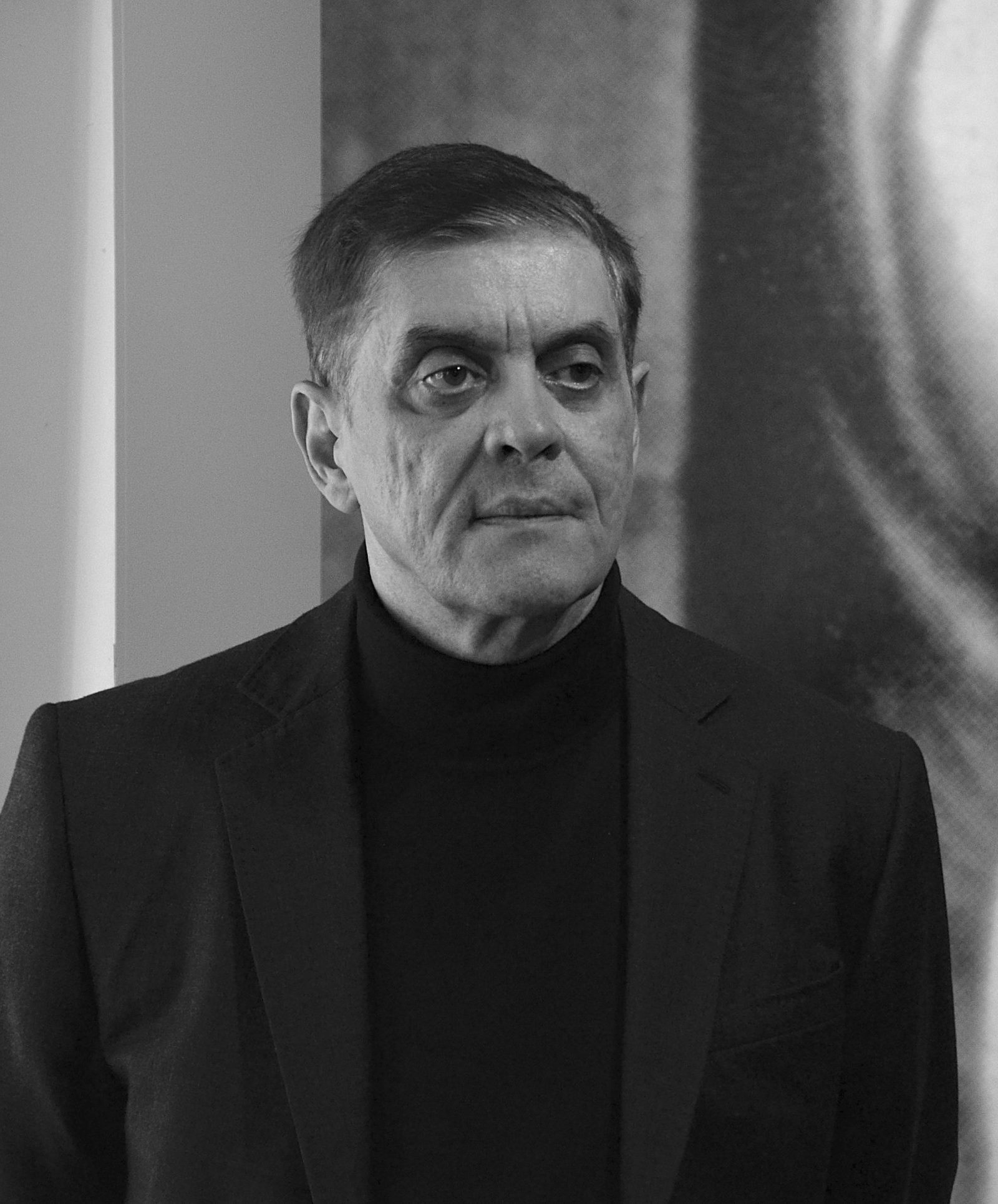
Romani Rose
Chairman of the Central Council of German Sinti and Roma

Katarina Barley
Vice President of the European Parliament

Helena Dalli
European Commissioner for Equality
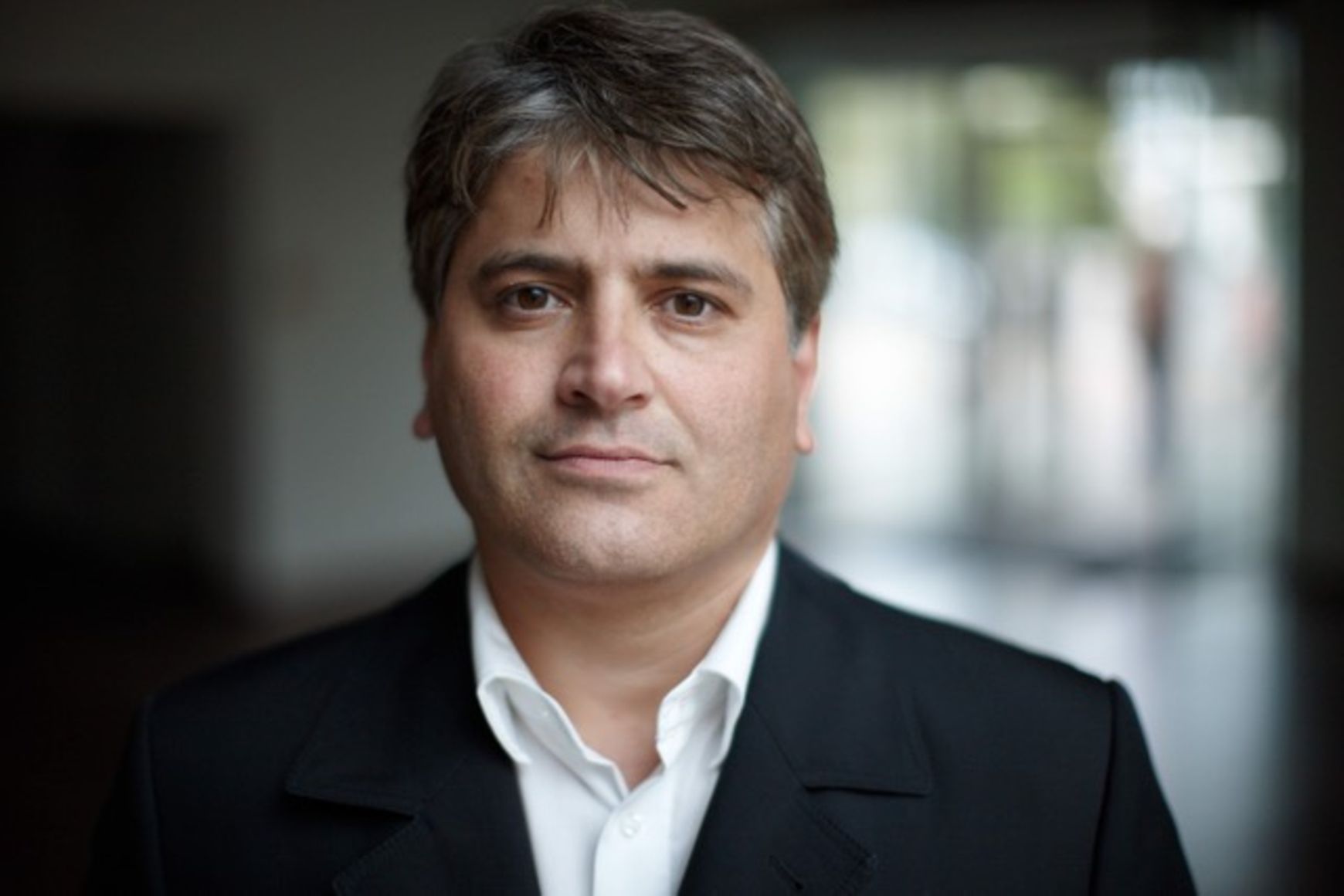
Mehmet Daimagüler
Dr. Mehmet Daimagüler, Antigypsyism Commissioner of the Federal Government

Roberta Metsola
Roberta Metsola, President of the European Parliament
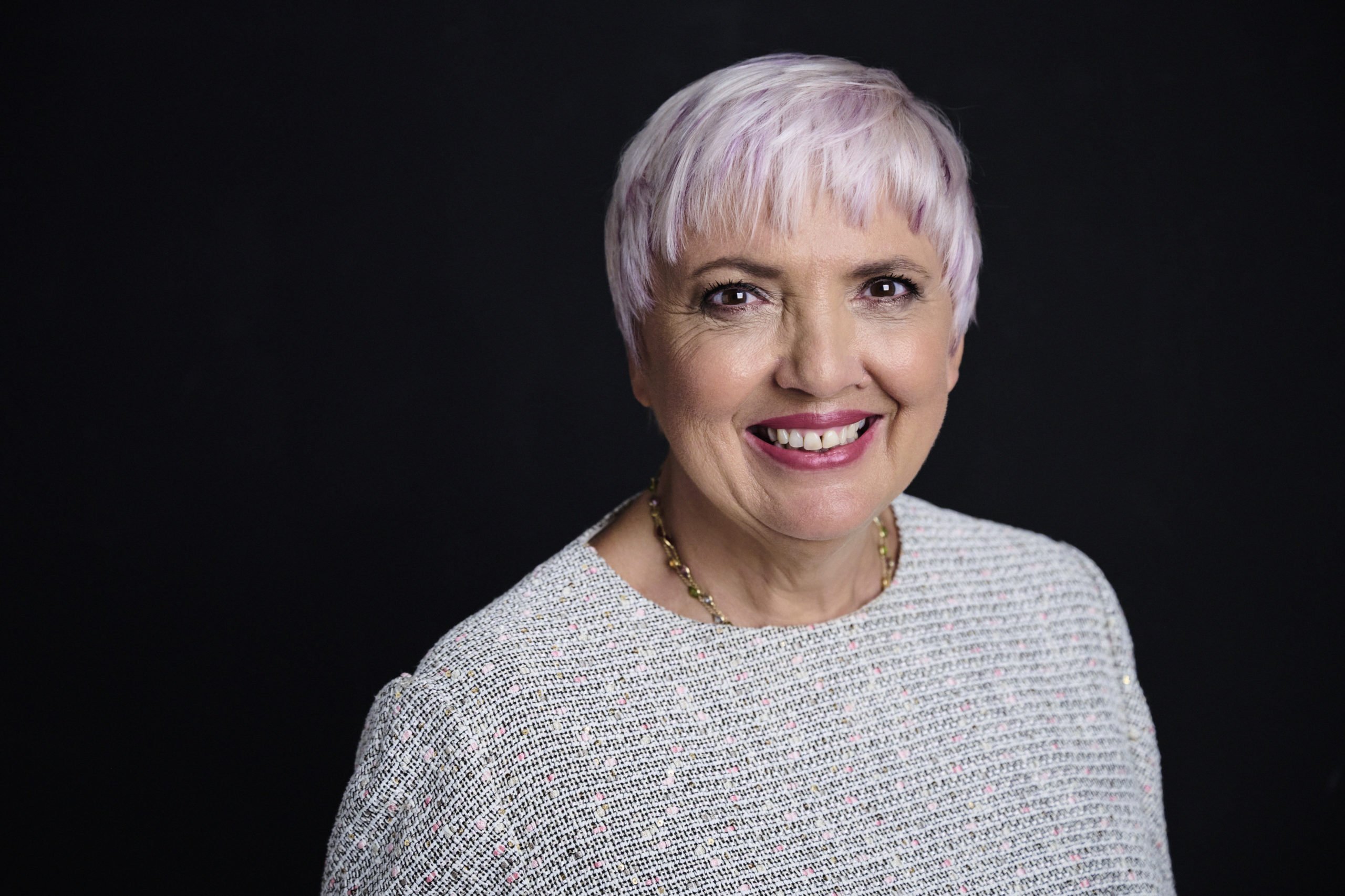
Claudia Roth
Vice President of the German Bundestag
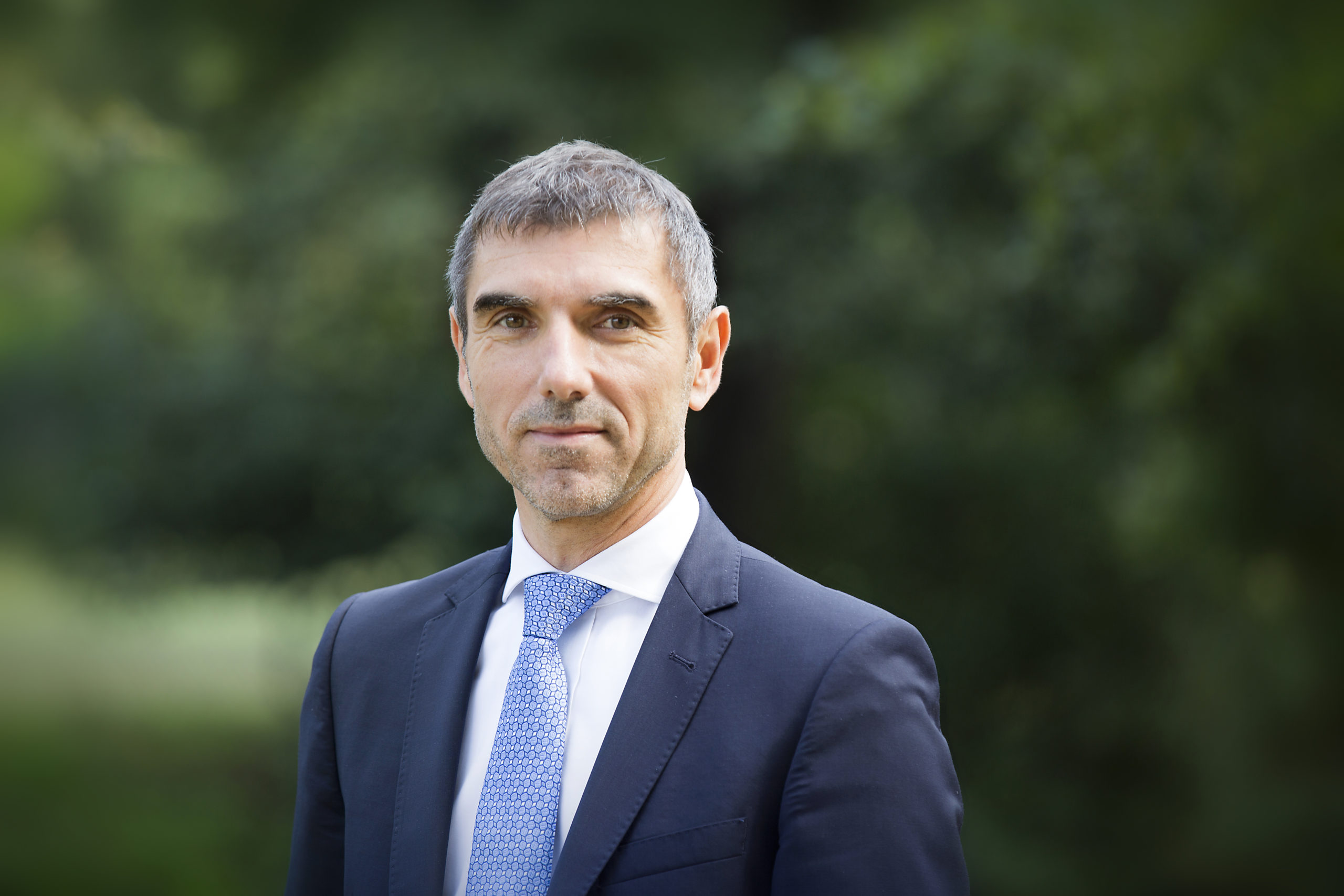
Paul Blokhuis
Dutch State Secretary Paul Blokhuis
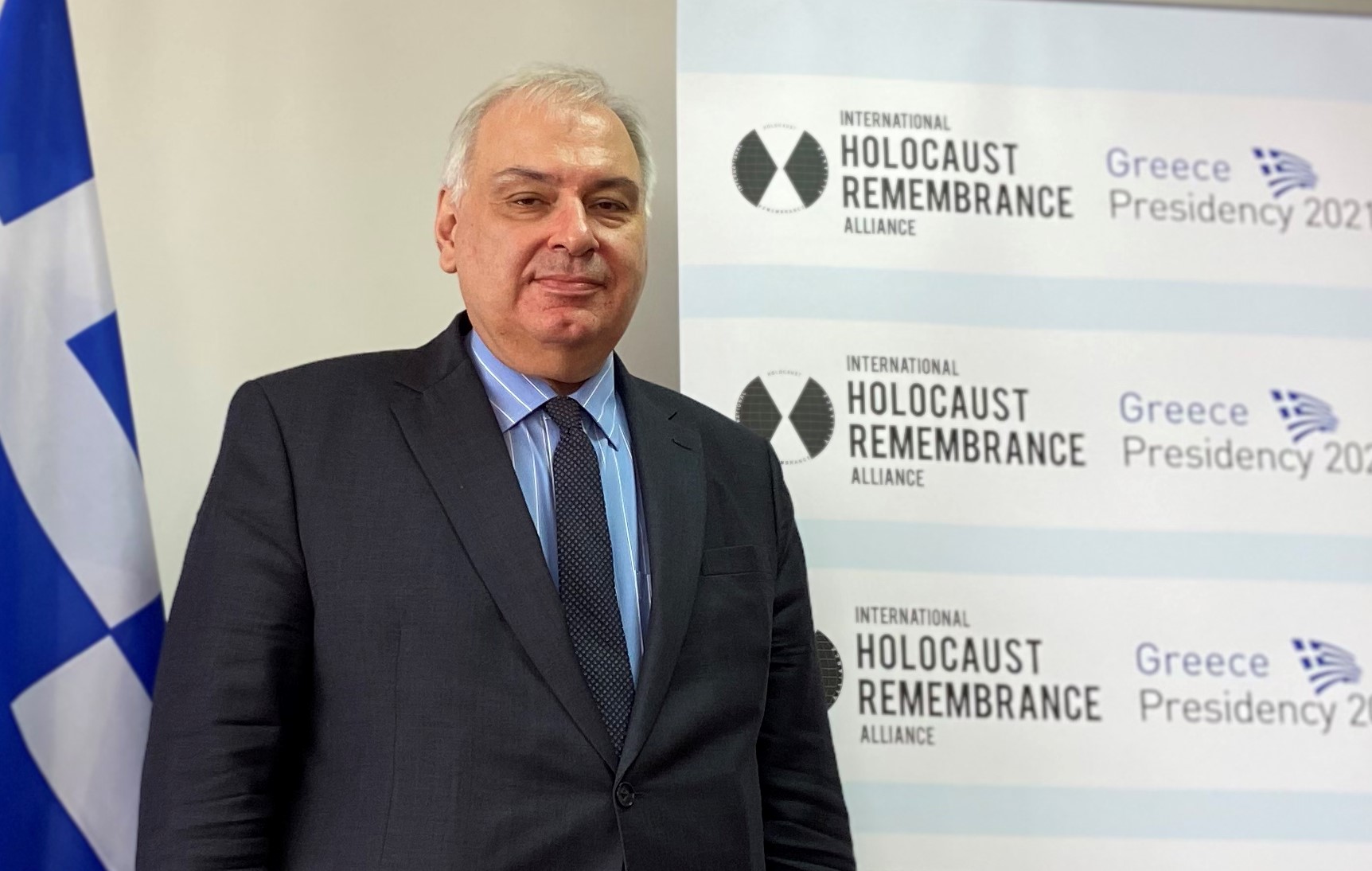
Chris J. Lazaris
Amb. Chris J. Lazaris, IHRA Chairman
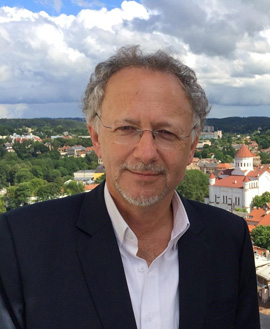
Fernand des Varennes
UN Special Rapporteur UN minorities
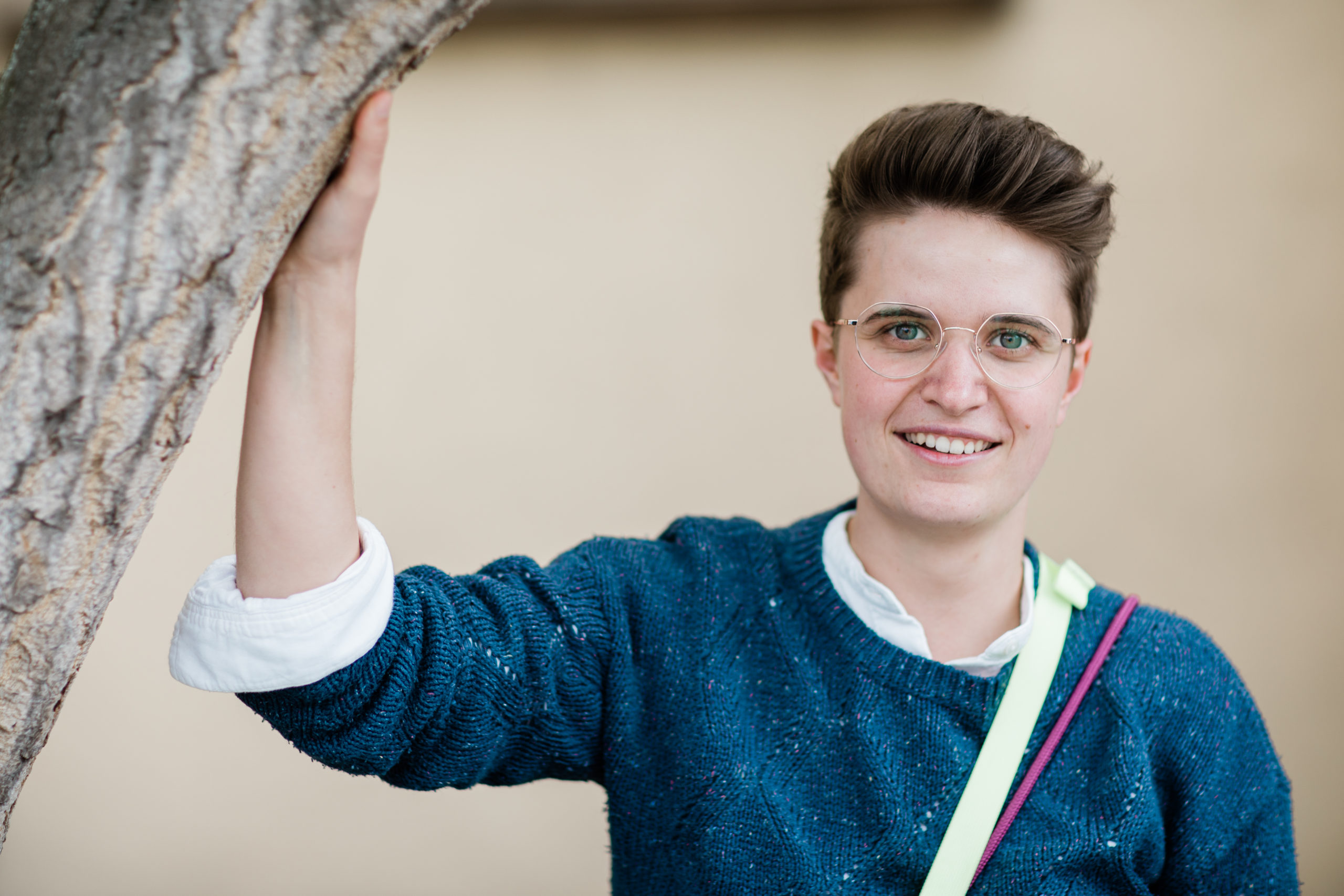
Anna-Nicole Heinrich
President of the Synod of the Evangelical Church in Germany (EKD)










